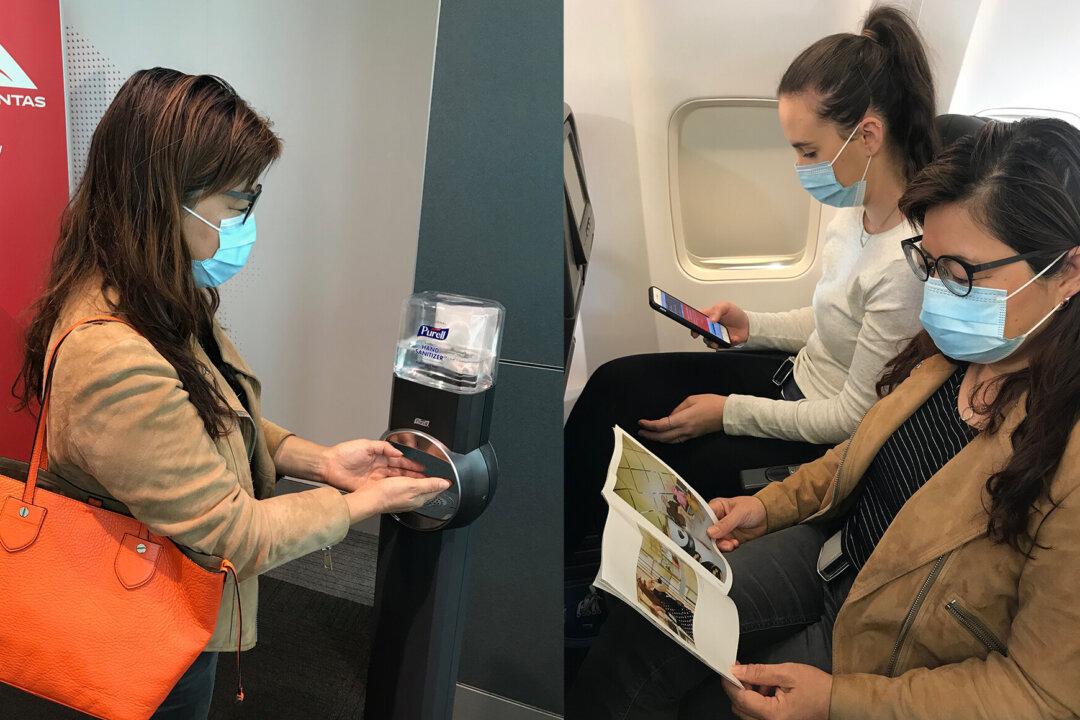Qantas Group announced a series of measures to ensure that passengers can travel safely when domestic travel is expected to resume normal operations in July.
As part of their newly launched “Fly Well” program, the airlines will provide masks to passengers, hand sanitising stations, and implement enhanced aircraft cleaning.





